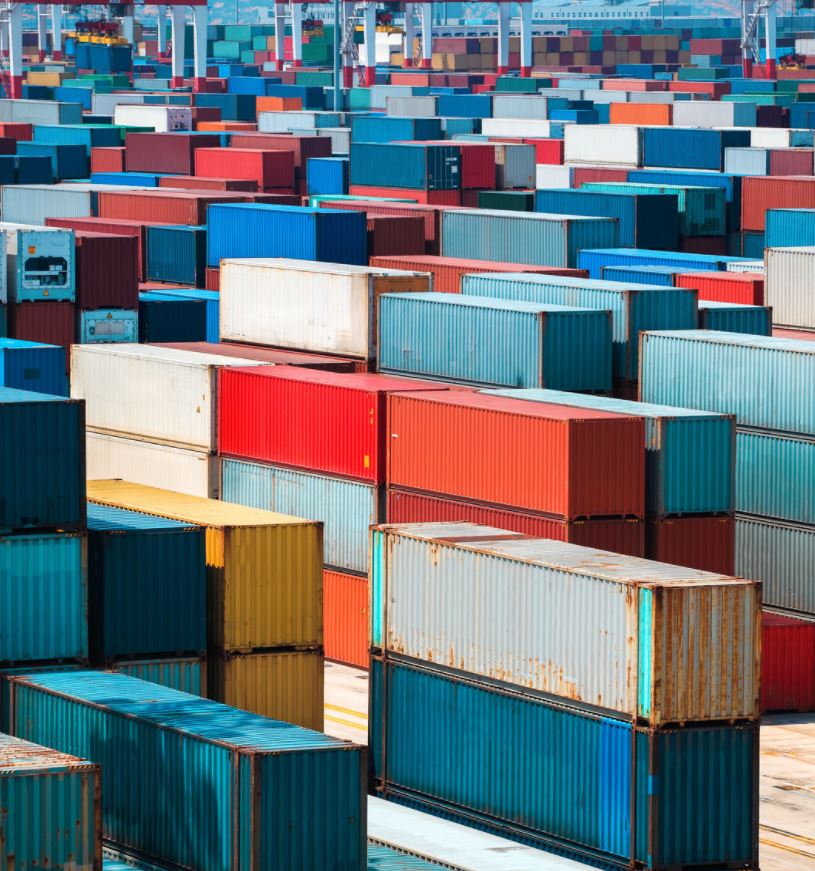
Sam Chambers splash247
The global seaborne commodities trading map continues to be redrawn at a blistering pace in the wake of the Russian invasion of Ukraine two weeks ago.
Yesterday, the United States announced a ban on Russian oil and other energy imports.
“We’re banning all imports of Russian oil and gas and energy,” President Joe Biden said in remarks from the White House. “That means Russian oil will no longer be acceptable at US ports and the American people will deal another powerful blow to Putin’s war machine.”
This will apply only for energy imports into the US. The UK intends to implement such a ban “by the end of the year”.
Other European allies are not expected to join the US in the ban, at least for the time being.
German chancellor Olaf Scholz said that although Berlin supported tough measures against Moscow, Russian energy supplies remained “essential” for daily life in Europe.
In 2021, Russia exported 8.2m tonnes of crude oil to the US, which represented 3.9% of Russia’s seaborne crude exports, and less than 3% of Russia’s total crude exports including pipelines.
By comparison, in the same year, Russia exported 114.2m tonnes of crude oil to the European Union accounting for 53.9% of Russia’s seaborne crude exports, plus an additional 40m tonnes by pipeline.
Last year, Russia exported 4.3m tonnes of clean oil products to the US, which represented 6% of Russia’s seaborne clean products exports.
In the same year, Russia exported 41.9m tonnes of clean oil products to the EU, accounting for 57.9% of Russia’s seaborne clean products exports.
Russia did not export any natural gas to the US at all last year while shipping 12.1m tonnes of LNG to the EU, plus three times as much by pipeline.
“Whilst a ban on Russian energy exports to the USA is significant, it’s a drop in the ocean compared to the trade between Russia and the European Union, which remains the much bigger prize,” commented Ralph Leszczynski from Bancosta Research.
The European Commission yesterday outlined plans to rid the continent’s dependency on Russian natural gas by two-thirds by the end of the year, in a plan called REPowerEU.
Meanwhile, the war and subsequent sanctions are seeing ships and cargoes pile up at ports across Europe.
Leading liners – with the notable exception of COSCO – have stopped calling at Russia and its ally Belarus.
Israeli maritime data firm Windward has since detected a spike in congestion at ports across much of Europe, as many box ships reroute.
Ports in Cyprus, Bulgaria, Latvia and Finland are experiencing a sudden spike in congestion of between 40 to 80%, according to Windward.
Alphaliner noted in its most recent weekly report that the withdrawal of shipping services calling at Russia and Ukraine is resulting in a significant re-routing of cargoes, exacerbating the backlog of containerized freight in ports and terminals, many of which are already suffering from severe congestion problems.
“More congestion means more shipping capacity held up, and further pressure on the supply of tonnage, which can only contribute to keeping charter rates at sky-high levels,” Alphaliner predicted.
Christian Roeloffs, co-founder and CEO of Container xChange, commented: “Due to ongoing disruption to shipping in the Black Sea we expect container build-ups at ports to exacerbate at storage areas across the region.”
In dry bulk one of the big changes in regional trading patterns detected by shipping platform Sea/ has been a very big buildup of bulk carriers anchored off Constanza, a Romanian port in the Black Sea.
Earlier this week, London’s marine insurance market widened the area of waters around the Black Sea and Sea of Azov that it deems high risk.
The Joint War Committee (JWC) said that the high-risk area had been widened to waters close to Romania and Georgia after initially adding Russian and Ukrainian waters in the Black Sea and Sea of Azov last month.
Members of InterManager, the global ship management association, gave details of the abandonment of four stranded ships over the weekend and how the crew were evacuated.
There remain many ships’ crews still stuck in Ukrainian waters with embassies working to get them out of the war zone. InterManager advised that crew can be evacuated via Moldova, Romania, or Poland.
The government of Poland has allowed Ukrainians to open bank accounts, which InterManager has suggested could be a way forward for solving the payment situation of Ukrainian seafarers.
Finally, in today’s Ukrainian conflict shipping news roundup, the state-run Bangladesh Shipping Corporation (BSC) has made an insurance claim worth $22.8m dollars for the Banglar Samriddhi, a bulk carrier abandoned in Ukraine after a rocket attack.
The attack killing the ship’s third engineer, Hadisur Rahman. The remaining 28 crew were evacuated to Romania.